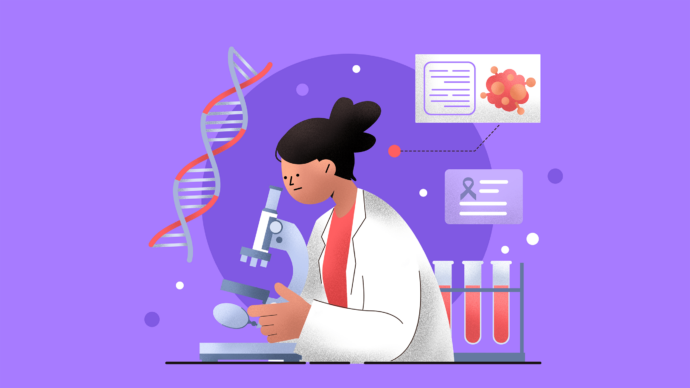What Does artificial intelligence in cancer diagnosis Mean?
What Does artificial intelligence in cancer diagnosis Mean?
Blog Article

Table of Contents
- Breakthroughs in cancer immunotherapy advances
- Ways to support cancer research
- Exploring what is personalized cancer medicine
- The Function of role of genetics in cancer
- Genuine Stories: Effects of cancer research breakthroughs this year
Revolutionary Approaches in cancer immunotherapy advances
The landscape of cancer immunotherapy advances is evolving our approach to cancer.
New therapies are being developed that strengthen the body's immune system to target cancer cells with greater precision.
This entails leveraging advanced science to engineer customized treatments specific to each patient's distinct genetic makeup.
The effect of these advancements is profound, yielding hope where once there was none.
Aiding cancer research: Every Contribution Counts
Supporting cancer research is essential for advancing research into new therapies. Consider how you can make a impact:
- Financial contributions to fund ongoing projects.
- Engaging in medical trials to promote treatment possibilities.
- Spreading awareness about the significance of early diagnosis.
- Lobbying for improved healthcare policies.
- Disseminating information about cancer research on social media to boost awareness.
"Through Home page pioneering efforts in cancer immunotherapy advances, we are seeing a transformation in our approach to cancer treatment and patient care."
Understanding what is personalized cancer medicine: Tailored Treatments for Enhanced Outcomes
What is personalized cancer medicine concerns tailoring therapies exactly to the genetic makeup of each patient.
By analyzing a patient's genetic information, medical professionals can predict which treatments are most likely to be effective, minimizing the risk of side effects and enhancing the likelihood of successful outcomes.
This methodology is revolutionizing the arena of oncology, offering treatments that are as distinct as the patients themselves.
Customized medicine not only boosts treatment efficacy but also improves patient quality of life by avoiding unnecessary or ineffective treatments.
"As someone who has undergone personalized cancer medicine, I can vouch to the dramatic difference it makes.
Receiving treatment that was tailored for my genetic makeup helped me to overcome cancer with minimal discomfort, and I felt cared for throughout my journey.
This approach to treatment is not just health care; it's a personal battle plan that really considers the individual's needs."

Report this page